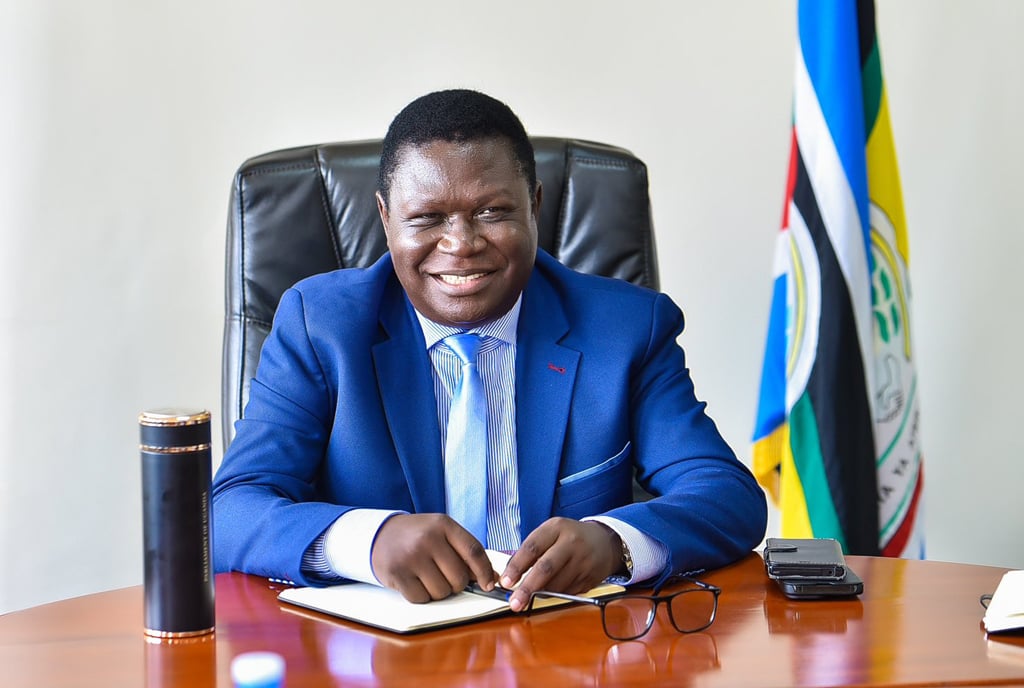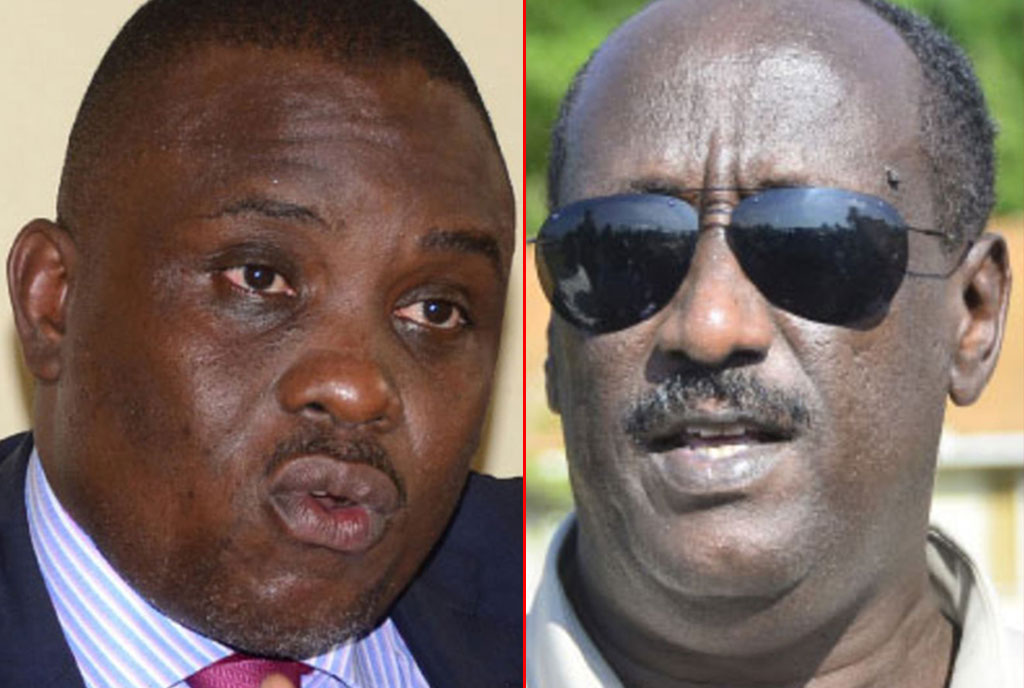Prime
Compromise with Museveni without being compromised?

Author: Moses Khisa. PHOTO/FILE
What you need to know:
- If someone like Lukwago or Besigye or Bobi Wine agrees to meet and speak with Mr Museveni, it won’t be a mutual dialogue and exchange of constructive ideas.
Former journalist, now eminent power-broker and businessman, Mr Andrew Mwenda, has repeatedly asserted that President Museveni’s critics and opponents can compromise with him without being compromised; they can work with him and not for him.
This sounds sexy and fancy, but that’s pretty much where it ends. Nothing could be further from the truth in the politics of Mr Museveni. Politics especially in a poor country like Uganda, grappling with enormous socioeconomic problems, shouldn’t be zero-sum. Compromises, concessions and negotiations among those in power and their challengers should be the game. There should be common ground.
The problems we face require concerted efforts and collective ideas, yet this is precisely where it’s impossible to work with Mr Museveni, and not for him, because he strongly believes he holds the ultimate vision and solution to all our problems. Thus working with him means buying into his politics and supporting his agenda, which is primarily an agenda to rule for life.
I do not know of any political leader of high standing and impeccable credentials who has worked with Museveni while maintaining the autonomy to pursue independent plans and programmes, especially if such plans touch on challenging for the nation’s highest office.
Even after working for him for donkey decades, once he expressed tacit interest in the topmost job, Mr Amama Mbabazi got thrown under the bus, faced a bit of the wrath and harassment that Museveni metes out to anyone daring to challenge him. This has been a constant.
The question of whether or not opponents can work with Museveni came back to light this week after Kampala Lord Mayor, Elias Lukwago, stated that he has never met Museveni or his brother, Salim Saleh, in person or private. This was against the backdrop of two handwritten letters making the rounds on social media, allegedly signed by Saleh and addressed to Lukwago, one of them indicating that the former has withdrawn his political support until the latter apologises. Given the enormous unofficial power Mr Saleh wields, making him Uganda’s defacto Vice President, when he talks or writes, we pay attention.
The handwritten letters, quite vague and with a bit of coded language, inevitably set off all manner of speculation and rancorous debate. Lukwago’s detractors quickly jumped to the conclusion that the letters confirmed he is engaged in deals with the rulers and is not the principled, uncompromising and rugged fighter against Museveni’s rule that he and his quasi-patron, Dr Kizza Besigye, claim they are.
With his credibility on the line in a country where when seen as too close to the rulers supposedly denotes one cannot claim to be a credible and independent opposition leader, Lukwago had to vehemently deny Saleh’s charges.
The people slamming Lukwago should help us understand why a retired army General, who holds no official executive position, is the one writing to a popularly elected Lord Mayor of Kampala with veiled threats of withdrawing support, presumably meaning Lukwago would be in trouble without that political support. Isn’t this part of the problem, that it is General Saleh’s support that Lukwago ostensibly needs to be mayor? But what support, exactly?
Under normal circumstances, the political head of the capital city, in fact our only true city in the country, should have a healthy working relationship with the central government including the head of state. If for nothing, at least the dire and hopeless state of Kampala City should be reason for the head of state and head of city to join hands, pool ideas and energies.
This has not happened and unlikely to happen anytime in the near future. Lukwago’s critics and especially Museveni’s supporters blame it all on the former, accusing him of lacking political maturity and being hostage to his support base, a refrain Mr Mwenda likes underlining with a dose of gusto.
But to pile it on Lukwago while ignoring the other party, Mr Museveni, is rather disingenuous. Mr Museveni does not look at his opponents as legitimate actors with whom to engage in dialogue and principled discussions. Rather he sees them as irritants and troublemakers who should be whipped into line by teargas if not altogether shot at with live firearms.
Because Museveni sees Uganda as his personal real-estate, anyone standing in his way must be crashed or cashed, met with the state’s full force or finance. Alternatively, if someone like Lukwago or Besigye or Bobi Wine agrees to meet and speak with Mr Museveni, it won’t be a mutual dialogue and exchange of constructive ideas.
Rather, it would be little more than a paternalistic lecture laced with some material inducements, which when leaked to the public would for all intents and purposes finish off the political career of someone like Lukwago.
Under the current political environment, it’s nearly impossible for anyone seen to be too close to Museveni to win a popular election for Kampala mayor.




